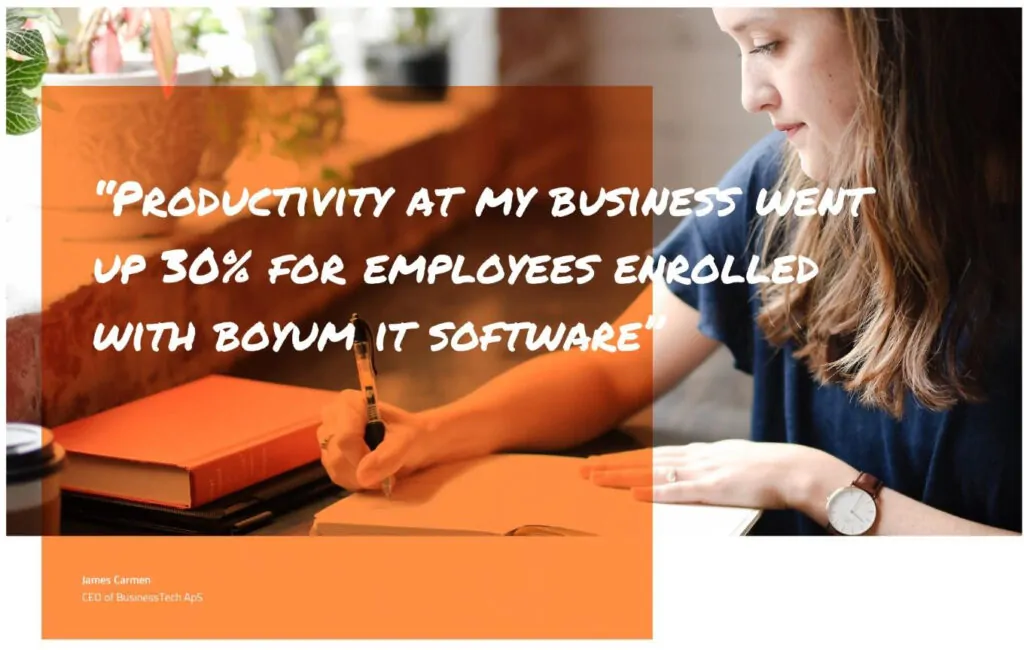For businesses not on a cloud-hosted system, security risks loom large. This section emphasizes the need for transitioning to the cloud, showcasing how ERP systems and consultants offer robust security measures to protect sensitive information and ensure operational integrity.
Using Outdated Software: Businesses often misjudge the level of risk associated with outdated software. It leaves systems vulnerable to potential breaches due to unaddressed security vulnerabilities and the absence of crucial updates.
- Proactive measures, patch development and distribution by an ERP provider, ensures a modern approach. Cloud ERP further streamlines the process, managing patches seamlessly to guarantee compliance with evolving governance rules.
Ransomware & Hacking: Cybercriminals exploit businesses with stolen credentials, phishing, malware, and social engineering, compromising private data and inflicting significant costs and reputation damage on small businesses.
- The Attivo Cloud deploys robust security measures, featuring encryption, firewalls, and multi-factor authentication. With continuous monitoring and automatic updates, it swiftly detects and responds to breaches, minimizing potential damage.
Data Export Risks: Despite established protocols, persistent risks emerge from data exports, when users save information in unauthorized formats.
- Modern ERP systems empower department heads, efficiently managing user permissions and restricting access to specific data elements. Cloud ERP solutions enhance security, automating notifications and preventing unauthorized downloads or data exports.
Without ERP or cloud hosting, your business is exposed to prevalent security risks. Turn to The Attivo Group to learn more about seamless cloud solutions tailored to fortify your ERP security. Discover how our expertise can elevate your business and safeguard your data effectively!





















